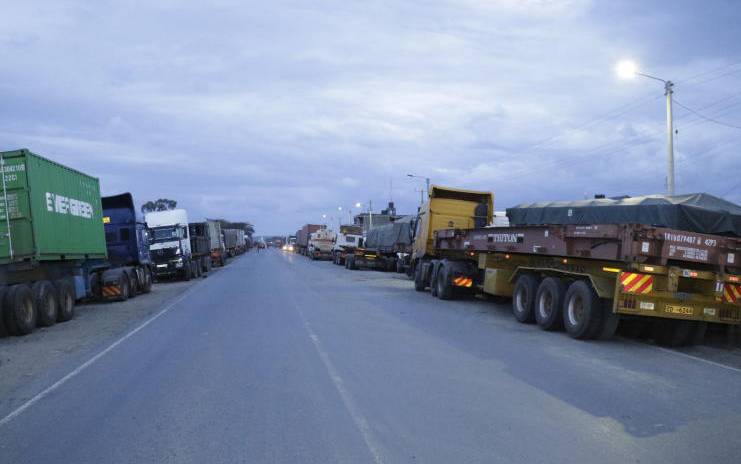×
The Standard e-Paper
Smart Minds Choose Us

Salgaa and Kikopey, major stopovers for truck drivers along the Nakuru-Eldoret highway, would be a hive of activity on a normal day.
Kikopey is popular for nyama choma while Salgaa is where most long distance truck drivers rest before proceeding with their journeys.